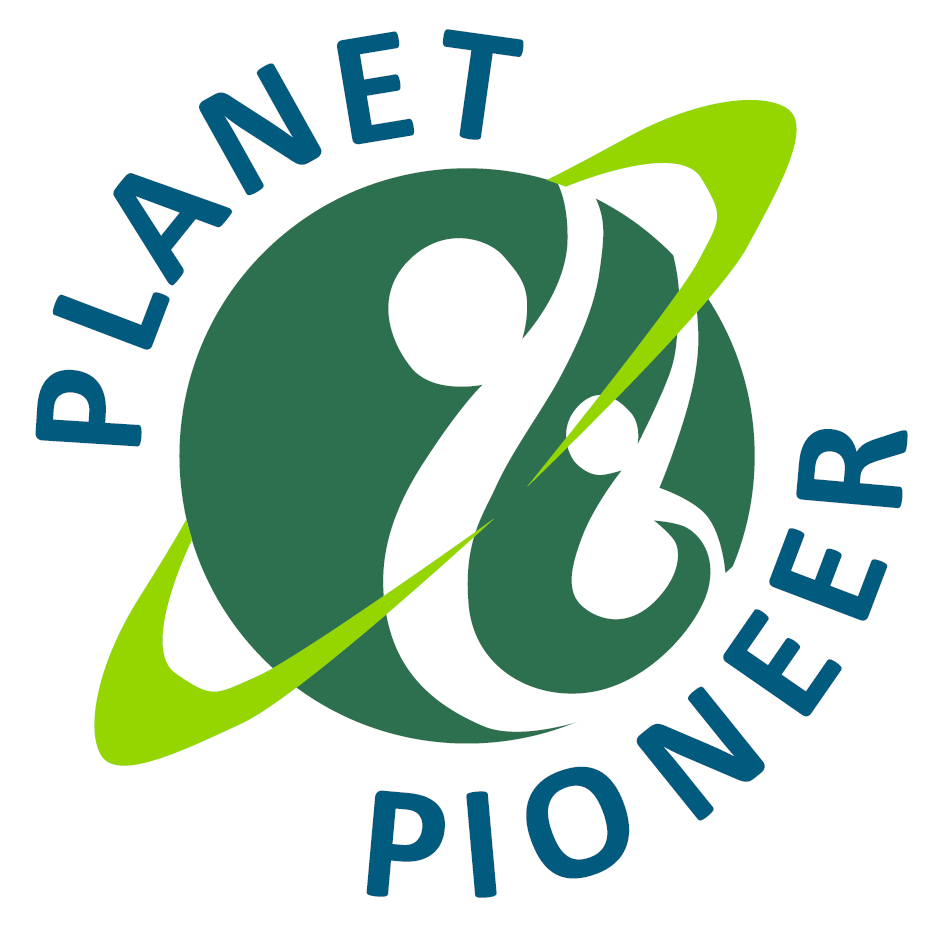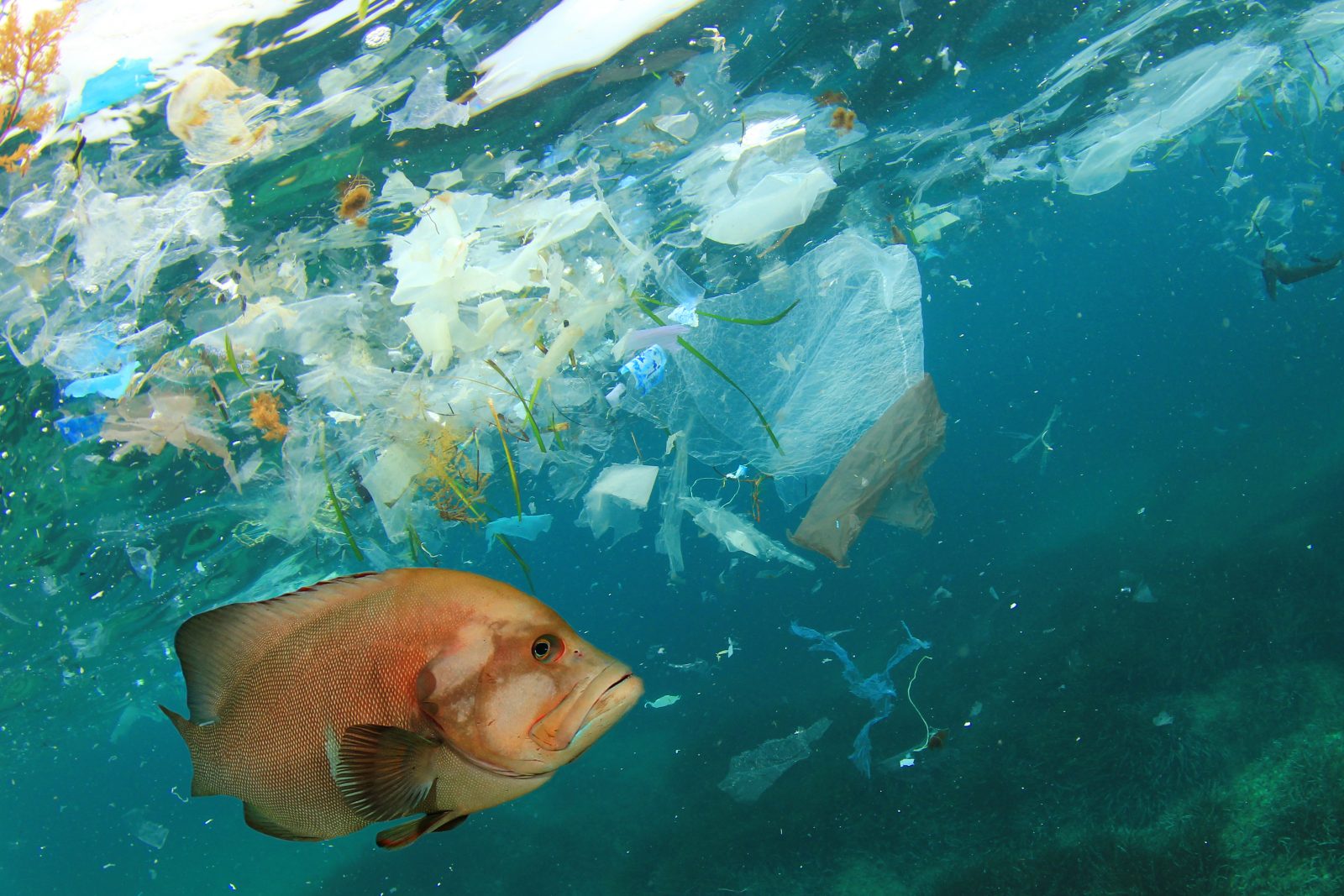
"Planet Pioneer" is Pioneer Health's new project. And we launched into it enthusiastically by joining the Plastic Free July Challenge – a global initiative which was founded in 2011 by fellow south-west Australian, Rebecca Prince-Ruiz. Rebecca toured her local recycling centre, only to be overwhelmed by the volume of waste her community produced. Despite recycling efforts, still 8 million tonnes of plastic entered our oceans each year[1]. Plastic recycling is a complex process and not only does it have its own hefty environmental toll, but lots of plastic does not actually end up being recycled at all, becoming nothing more than plastic pollution.

Six years back, it was my own love of the ocean that sparked my interest in Plastic Free July. Swimming past plastic bags, picking pieces of plastic washed up onto beaches and learning of all the fish, turtles, seabirds and marine mammals that die from ingesting plastic pollution[2] led me to look at my own plastic footprint. It was about doing my bit to care for the planet which ultimately sustains human life. But then I came to understand that plastic pollution wasn’t only in the environment that surrounded me - it was also in me![3] I learned that I was ingesting plastic each time I ate some seafood, when I drank water and even when I breathed. And that the health impacts of ingesting plastic were largely unknown at that time, but would be discovered.
Plastic Free July matters to health professionals because we understand that human health is intimately related to the health of the ecosystem within which we exist. That is, when we make choices that support the health of our natural surrounds, we are making a choice to support our health. Fresh produce is the epitome of this. Locally grown fruit and vegetables are significantly higher in nutrients and have drastically less carbon footprint than fresh produce that has spent three weeks on a truck from the other side of the country, or a boat from the other side of the world. And believe it or not, what we eat is one of the single most important predictors of your health.
Plastic Free July also matters to health professionals because we understand that human health is not only intimately related to the health of the ecosystem within which we exist, but is ultimately dependent upon it. Each time we choose to use single-use plastic, we make a choice to the detriment of our health. We cannot eat plastic-free fish, without being plastic-free ourselves.
When I first learnt about the plastic pollution crisis, the way I saw the world began to change.
There was single use plastic everywhere. It was nothing short of overwhelming. Until I found that with small efforts, living with less single-use plastic became effortless. Bulk food grocers replaced my supermarket trip. Farmer’s markets became an enjoyable part of my weekend routine. My keep cup saved me 50c on coffee when I went to a responsible cafe. My dad loved his Father’s Day present of a non-disposable steel razor. A menstrual cup replaced my single-use sanitary items – saving me decades of cash, and friends were stoked with the cloth nappies that cut their costs by thousands of dollars with each child, and could be passed on to family and friends once they were done.
Pioneer Health’s commitment to project “Planet Pioneer” is about recognising that polluting the planet, pollutes human health. That as health professionals, we are obliged to do our bit too - to protect and restore our common home, which our own health and the health of our family, friends and community ultimately relies on. We invite you to join us this July and take the challenge - take stock of your home, workplace, school, and your life, to do your bit to respond to the plastic pollution crisis. Take in the posters we have up in Pioneer Health and put some up in your home and workplace too! The Plastic Free July Website is full of ideas, others’ stories and resources, to make this easy for us all!
“Humankind has not woven the web of life. We are but one thread within it. Whatever we do to the web, we do to ourselves. All things are bound together. All things connect.” - Chief Seattle
This is the first in a series of blogs, exploring the relationship between human health and the health of our planet. Next blog will explore the health impacts of climate change.